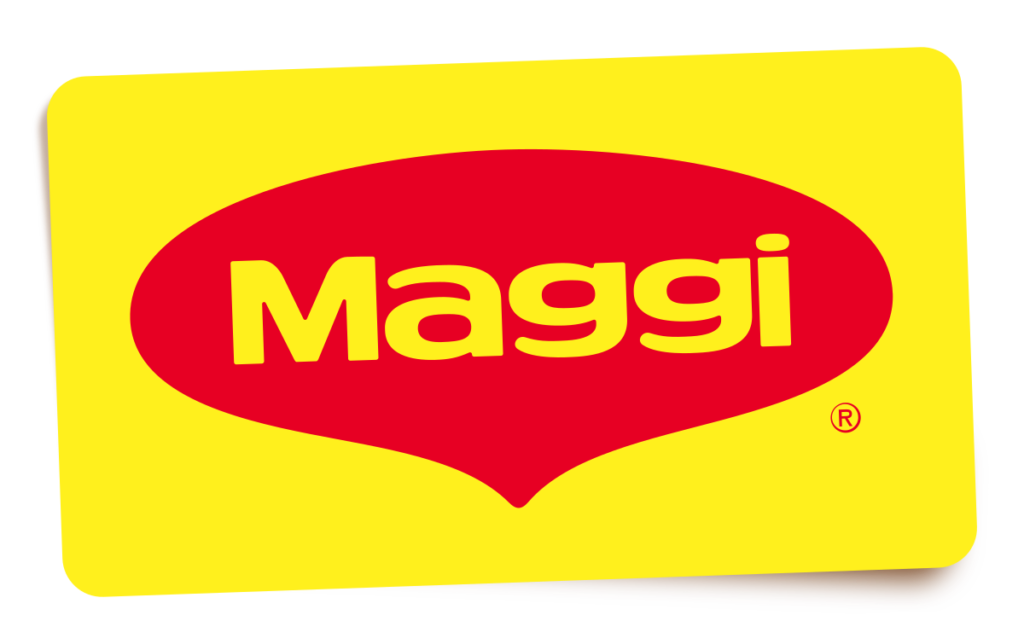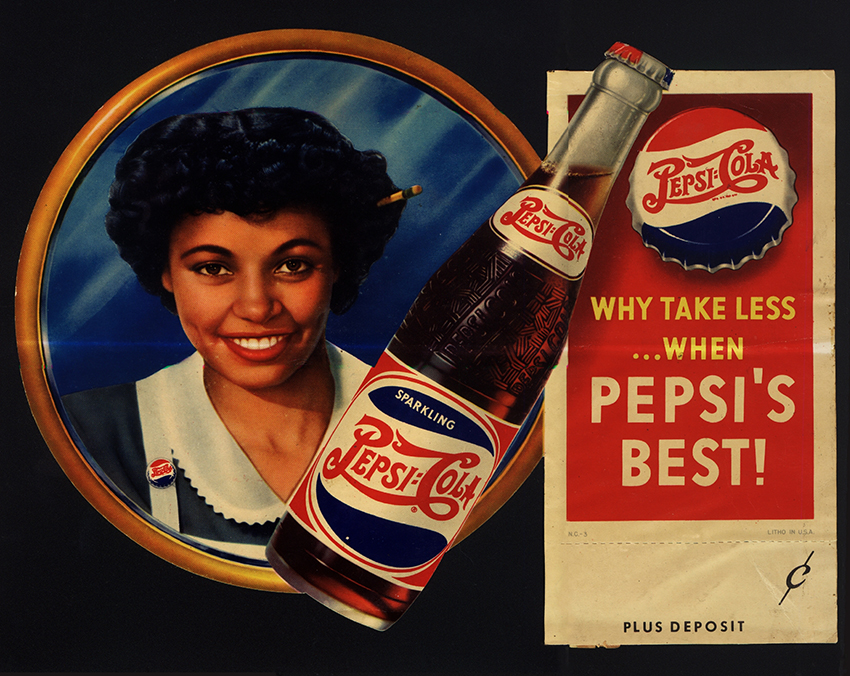
Maggi: A Recipe for Success – A Marketing Case Study
- Maximum Impact
- October 9, 2023
Maggi, the iconic brand of instant noodles and convenience food products, has achieved legendary status in the realm of marketing. Nestlé introduced Maggi to the Indian market in the early 1980s, and it swiftly became more than just a quick meal option; it became a cultural phenomenon.
Maggi’s journey in India is not just about noodles; it’s a compelling case study that offers invaluable insights into effective marketing strategies, brand resilience, and adaptability in a dynamic consumer landscape. Maggi’s marketing story is a testament to the power of innovation, consumer engagement, and enduring brand loyalty.
Background:
- Maggi was introduced to India in the early 1980s by Nestlé.
- It quickly became a popular snack and meal option due to its convenience and quick preparation time.
Key Points of the Marketing Strategies:
Positioning as a Quick and Convenient Meal: Maggi positioned itself as a go-to option for a quick and hassle-free meal, especially for students and working professionals. Its tagline, “2-Minute Noodles,” emphasized speed and convenience.
Product Innovation: Maggi continuously introduced new variants and flavors to cater to diverse tastes. This innovation helped keep the brand fresh and appealing to consumers.
Marketing to Children and Families: Maggi strategically marketed its products to children and families. They introduced mascots like “Maggi Man” and “Maggi Mom” to create an emotional connection with consumers.
Sponsoring and Partnership: Maggi has sponsored various television shows and events, further establishing its brand presence. It also partnered with popular Bollywood celebrities and chefs to promote its products.
Digital Marketing: In the age of digital marketing, Maggi has maintained a strong online presence. They engage with consumers through social media, sharing recipes, cooking tips, and responding to customer feedback.
Crisis Management: In 2015, Maggi faced a major crisis when tests showed the presence of excess lead in some samples. The company responded swiftly with transparency, withdrawing the product temporarily, and then re-launching it after resolving the issue. This demonstrated their commitment to quality and safety.
Result & Impact:
Market Leader: Maggi has consistently maintained its position as the market leader in the instant noodles segment in India.
Brand Loyalty: Maggi has a strong and loyal customer base, including people who grew up consuming Maggi noodles.
Diversification: Over the years, Maggi has diversified its product range to include soups, sauces, and pasta, leveraging the trust it has built in its brand.
Global Expansion: The success of Maggi noodles in India prompted Nestlé to introduce Maggi products in various other countries, making it a global brand.
Lessons Learned:
Positioning and Brand Consistency: Maggi’s success in India is a testament to the importance of clear brand positioning. By positioning itself as a quick and convenient meal option, especially for students and working professionals, Maggi carved out a distinct identity. Lesson: Brands should have a clear and consistent positioning strategy that resonates with their target audience.
Product Innovation and Adaptability: Maggi’s ability to continuously introduce new flavors and variants kept the brand fresh and appealing to consumers over the years. Lesson: Brands should prioritize innovation and adapt to changing consumer preferences to remain relevant in the market.
Emotional Brand Connection: Maggi successfully created emotional connections with consumers through mascots like “Maggi Man” and “Maggi Mom.” These mascots helped build trust and loyalty. Lesson: Building an emotional connection with consumers can lead to long-term brand loyalty.
Crisis Management and Transparency: When Maggi faced a crisis due to the presence of excess lead in some samples, the brand responded swiftly and transparently. They withdrew the product temporarily, resolved the issue, and relaunched it. Lesson: Effective crisis management and transparency are crucial to maintaining trust and reputation.
Digital Marketing and Engagement: Maggi’s strong online presence, engagement on social media, and interaction with consumers played a significant role in staying connected with the audience. Lesson: In the digital age, brands should actively engage with consumers online, share valuable content, and respond to customer feedback to build a loyal online community.
Maggi’s marketing case study highlights the importance of positioning, product innovation, brand loyalty, and effective crisis management. It’s a classic example of how a brand can become a household name through strategic marketing and consistent product quality.
Facebook
Twitter
LinkedIn
WhatsApp
Get Free Quote
More Interesting Posts


Pepsi Challenge Marketing Case Study
Maximum Impact
8 October 2023
Nike’s “Just Do It” (1988) Marketing Campaign Case Study
Maximum Impact
29 September 2023

Coca-Cola’s “Share a Coke” Campaign Case Study
Maximum Impact
29 September 2023
"Maximize Your Impact in Digital Realm" With #1 Digital Marketing Agency | MAXIMUM IMPACT- Your Digital Partner in Success
Contact Info
- (+91) 9560 490 807
- admin@maximumimpact.in
- Haryana, INDIA
Useful Info
Subscribe to Our Newsletter
Sign up for my newsletter to get latest updates. Do not worry, we will never spam you.
- 2025
- MAXIMUM IMPACT. All rights reserved.
